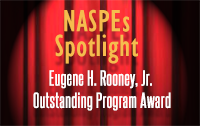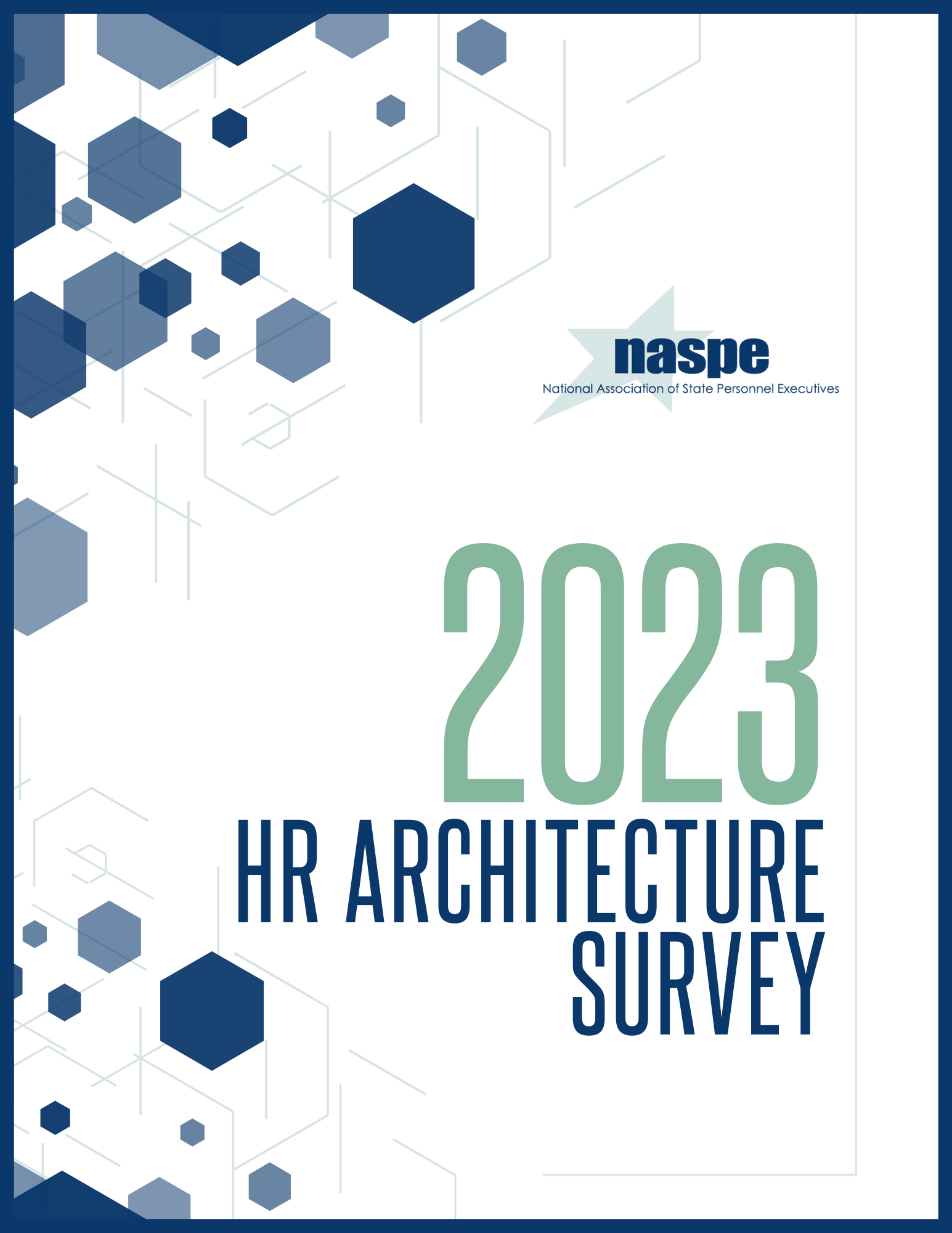- Home
- About Us
- Research & Publications
- Events
- NASPEs Awards
- Membership
|
32% of Pennsylvania’s State Employees will be Retiring by 2020Mentoring is key to addressing workforce and succession planning concernsIn 2015, 16% of Pennsylvania’s state employee workforce was eligible to retire; that number is projected to rise to 32% by 2020. Pennsylvania addresses the potential for loss of institutional knowledge by implementing the Commonwealth Mentoring Program (CMP), which addresses knowledge transfer and workforce and succession planning issues head-on. This strategic approach to formal mentoring provides direct learning linked to specific workforce and succession planning concerns, and is the winner of The National Association of State Personnel Executives’ 2016 Innovative State Human Resources Management Program, the Eugene H. Rooney, Jr. Award. The program takes a fresh and exciting approach to formal mentoring by combining mentoring and coaching, practical application and exercises. This happens via experiential activities, one-on-one meetings with mentees/mentors, web-based and classroom training opportunities, individual development planning and core business process identification and documentation. How participants are selectedThe CMP is an eight-month program in which mid-level management employees with a minimum of one year of state service are mentored by upper-level management employees from their agency. Participants are nominated and paired at the agency level in order to best match the agency’s mission, function and organizational needs. Mentoring pairs are taken through an extensive orientation process to establish a foundation for the relationship and clarify roles, responsibilities and expectations. Components of the programThe CMP curriculum includes the following components and is preceded by a 10-minute web-based training course that introduces the topic and serves as a pre-requisite and foundation for discussion. • Active involvement through mentoring and ongoing coaching and development between the mentor/mentee pairs: o Individual development plans are jointly created by each mentor/mentee pairing • Experiential, skills-based curriculum focused on the following topics: o Networking – Exploring how to network, discovering the benefits of developing an elevator speech, learning how to effectively start and close a conversation and increasing self-confidence, culminating in a mock networking event;
SuccessThe 2014-2015 CMP evaluations demonstrated that the program was successful in developing mentoring relationships; 85% of mentees and mentors agreed that they were well-matched by their agencies and that their partners were enthusiastic and committed; 77% reported that they intended to continue a mentoring relationship after the program ended; and 97% would encourage others to participate as either mentees or mentors. Additionally, both mentees and mentors made learning gains from each of the experiential, skills-based sessions; 92% of participants reported increased comfort with professional networking; 91% said that they gained networking skills; 97% reported increased awareness of the importance of knowledge management and that they gained useful skills for managing knowledge; 94% expressed increased understanding of the value of diversity and seeking out commonalities with their co-workers; and 94% reported increasing their knowledge of business ethics. Agencies benefited from knowledge transfer and employee development through 97% of mentees documenting a core business process and 98% completing two self-identified professional goals in the 2014- 2015 cycle, while 98% of all participants increased their understanding of the value of differences in the workplace and 97% gained skills for finding commonality with co-workers. The CMP evaluation includes several techniques for measuring learning outcomes and process fidelity: • Compare participant expectations before the program with post-program reported experience CostBecause the CMP uses internal staff and outside speakers who volunteer their time, the Office of Administration is able to offer the program at no cost to participating agencies, many of which lack the budget and staffing resources to create their own leadership development programs. Additionally, there is no cost to participate and no limit on the number of mentor/mentee pairs an agency can nominate to the program each year. The salary of the HR Analyst who manages the program is supported through state funds appropriated by the General Assembly.
|


